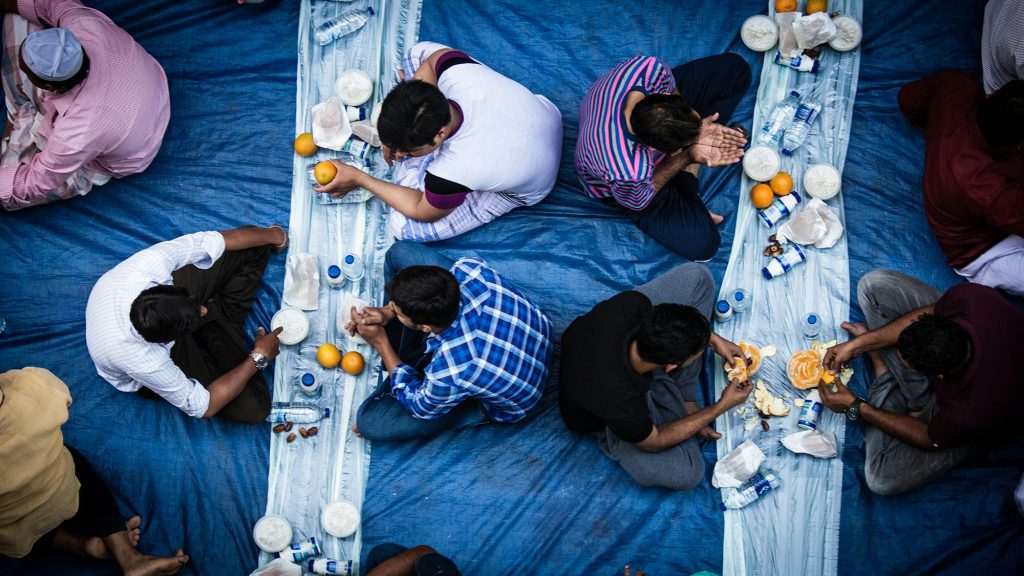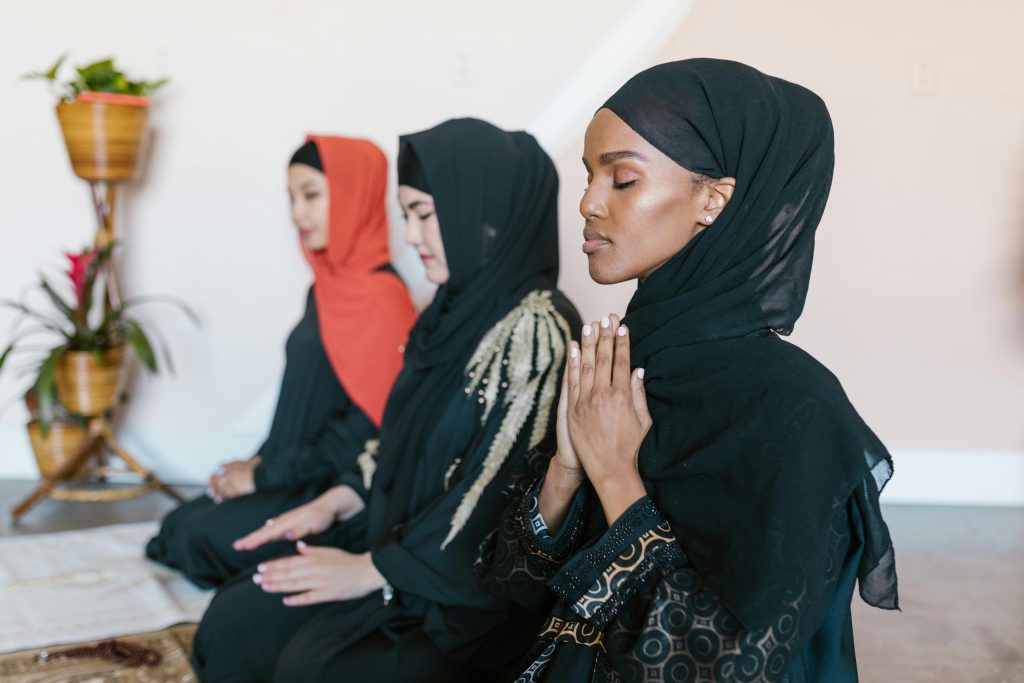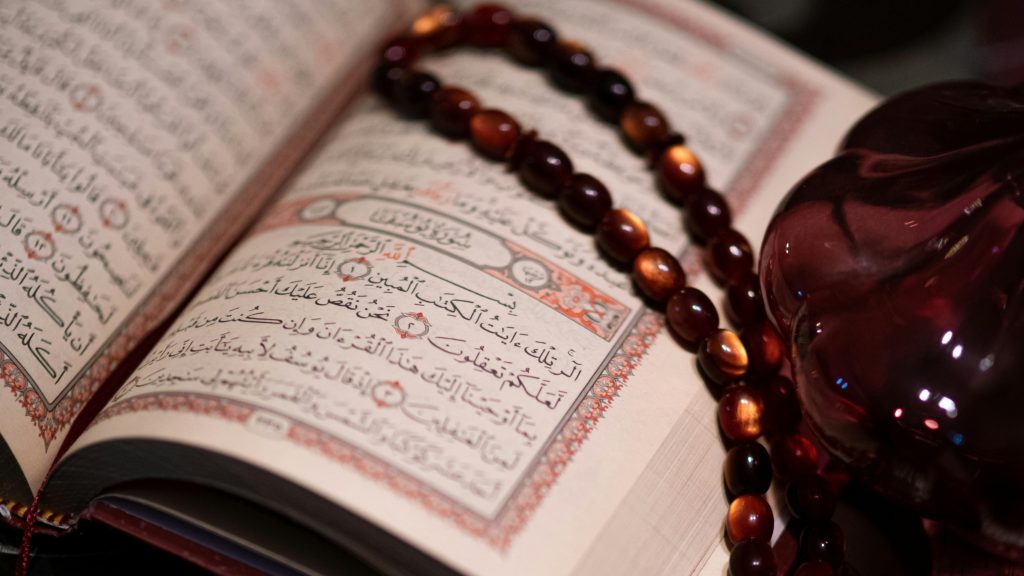Introduction
Islamic daily routines are more than just schedules; they are a way of living that is peaceful, balanced, and meaningful. This way of life gives a novel perspective on mindfulness, thankfulness, and purpose, regardless of whether you are Muslim, non-Muslim, or a young person interested in Islamic customs.
Table of Contents
-
Starting the Day With Purpose
-
Five Daily Prayers as Spiritual Breaks
-
Halal Eating & Mindful Nourishment
-
Modesty in Dress and Character
-
Work, Study, and Purposeful Productivity
-
Family, Community & Acts of Kindness
-
Nighttime Reflection & Gratitude
-
Conclusion
Starting the Day With Purpose:
A Muslim’s day typically commences before the sun comes up. Many people spend a quiet time to make intentions, read a brief passage from the Quran, or just enjoy the calm morning after offering the Fajr prayer, which is the first prayer of the day.
This early start develops discipline, positive thinking, and presence in additional to being spiritual.

Five Daily Prayers as Spiritual Breaks:
Islamic Teachers Know Five to prayer in a single day Fajr, Dhuhr, Asr, Maghrib, and Isha.
- They help break stress.
- They restore focus.
- They bring a moment of calm.
Each prayer is a chance to disconnect from the world and reconnect with Allah.

Halal Eating & Mindful Nourishment:
Food in Islam represents balance and appreciation. Muslims pick halal (permissible) meals and avoid hazardous substances such as alcohol.
The lifestyle promotes:
- Eating in moderation
- Choosing clean, simple foods
- Begin meals with “Bismillah”
- Expressing thankfulness for sustenance.
Even meals become times of attentiveness.

Modesty in Dress and Character:
Modesty (haya) is an essential value.
This includes:
- Dressing Respectfully
- Speaking gently.
- Acting with dignity.
- Carrying oneself with humility.
This is more than just apparel; it’s a comprehensive approach to character.

Work, Study, and Purposeful Productivity:
Islam promotes hard effort, honesty, and study. A Muslim tackles work or school with earnestness, seeing each activity as significant.
Productivity in Islam encompasses:
- Earning using ethical methods
- Being Honest in Business
- Give your best effort.
- Remaining consistent and responsible

Family, Community of Kindness:
Compassion is important to the Islamic daily routine living.
Daily acts can include:
- Supporting family members
- Checking on parents or elderly
- Sharing meals with neighbors
- Being polite to strangers.
Small acts of compassion are seen as a kind of adoration.

Nighttime Reflection & Gratitude:
Muslims complete their day with the Isha prayer, followed by silent introspection.
Many spend a few minutes.
- Saying a short dua.
- Reading Quran
- Reflecting on blessings.
- Setting intentions for tomorrow.
This helps to conclude the day peacefully.

Conclusion
The Islamic daily routine lifestyle demonstrates how ordinary times may become significant through purpose, thankfulness, and balance. Whether you’re learning about Islam or seeking a healthy daily routine, these practices can help you live a calmer, more focused life.
F.A.Q.S
1. What is an Islamic daily routine?
An Islamic daily routine includes prayer, mindful eating, ethical work, kindness, and reflection — all aimed at creating balance, peace, and purpose in life
2. Can non-Muslims follow an Islamic lifestyle routine?
Yes. Many Islamic habits such as discipline, gratitude, cleanliness, and mindfulness benefit anyone, regardless of religion.
3. Why do Muslims pray five times a day?
The five daily prayers serve as spiritual breaks to reduce stress, refocus the mind, and maintain a strong connection with God.
4. What is halal food?
Halal food refers to what is permissible in Islam — clean, wholesome, and free from harmful substances like alcohol or pork.

